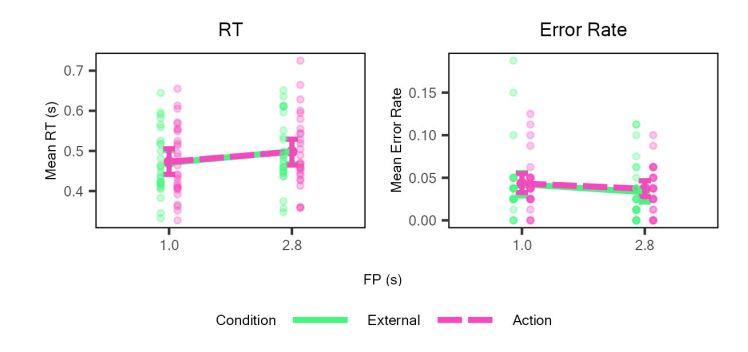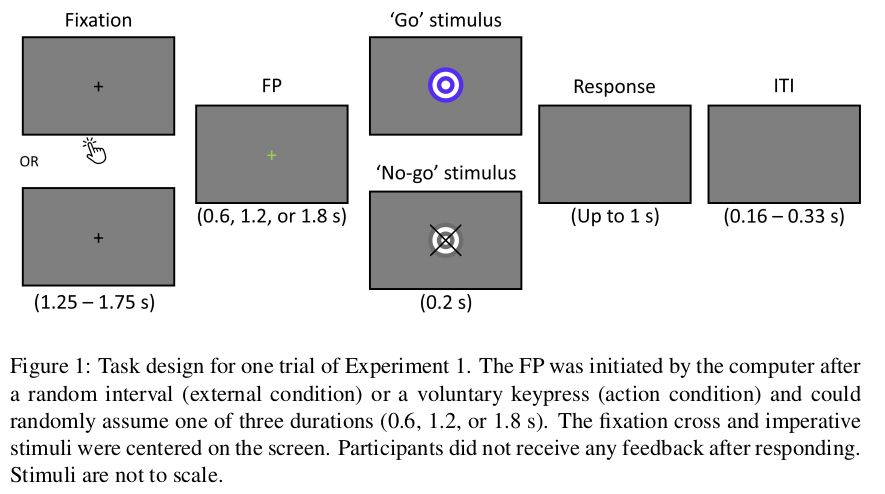
Researcher at the Timing and Cognition Lab
http://neuro.ufabc.edu.br/timing
Interested in time, timing, and in pretty much every time-related thing
For early-career researchers seeking to establish themselves in Brazil. It offers grant funding for research activities and scholarships for students and other team members. fapesp.br/17470/call-f...

For early-career researchers seeking to establish themselves in Brazil. It offers grant funding for research activities and scholarships for students and other team members. fapesp.br/17470/call-f...
Aimed at senior researchers and offers funding for a five-year collaborative research project. It includes a competitive salary (comparable to a Full Professor in Brazil), research funds, and scholarships for team members.
fapesp.br/17523/call-f...

Aimed at senior researchers and offers funding for a five-year collaborative research project. It includes a competitive salary (comparable to a Full Professor in Brazil), research funds, and scholarships for team members.
fapesp.br/17523/call-f...
I am pretty sure @alexandrenobre.bsky.social looked at it, but I don't think we did formal testing on it. Do you have an idea of what's going on?
I was positive it was something about action improving learning, but, in general, sequential effects did not change much with/without action.
I am pretty sure @alexandrenobre.bsky.social looked at it, but I don't think we did formal testing on it. Do you have an idea of what's going on?
I was positive it was something about action improving learning, but, in general, sequential effects did not change much with/without action.






